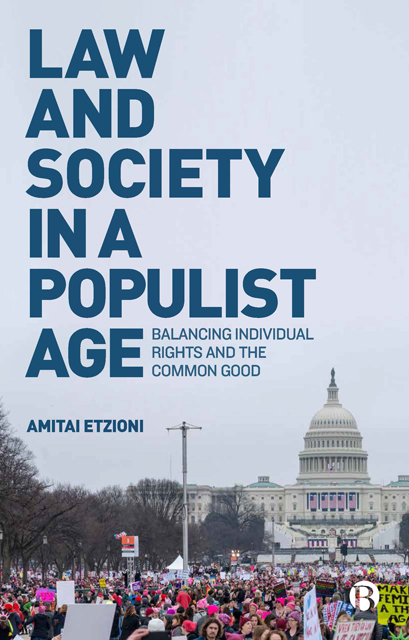ten - Nationalism as a block to community building
Published online by Cambridge University Press: 21 April 2023
Summary
A large number of observers view Britain’s leaving the EU (Brexit) as an expression of populism, akin to the election of Donald Trump, the rise of Marine Le Pen and so on. Actually, Brexit is rather different from these other political and sociological developments. I illustrate this first by one 2017 development and then turn to outline the underlying forces at work.
In May 2017, after Emmanuel Macron defeated Le Pen and was elected as the President of France, he called for concentrating more power in the hands of “Brussels,” that is, in the hands of the European Commission. This is despite the fact that Britain is leaving the EU because of popular rebellion against violations of national sovereignty by Brussels. One cannot have ever more economic and administrative integration on the EU level as long as the primary loyalty of most EU citizens is to their nation and not to the EU. The line “millions are willing to die for their country, but no one is willing to die for the EU” says it all.
I am not denying that it would be better if Poles and the French, Greeks, Finns, and Hungarians would all wake up tomorrow and see each other as brothers and sisters, or at least as dedicated citizens of a United States of Europe. However, this is not happening. On the contrary, EU overreach is alienating more and more Europeans. The EU did well when it stuck to opening borders to trade, a move that benefited all (albeit not equally). It was well tolerated when it arranged for numerous low-key forms of administrative coordination among the nations, for student and scholar exchanges, and set minimum standards to which all industries and commerce had to adhere. However, once it introduced a shared currency, affected the budgets of its member nations, opened the borders to the free movement of labor, and pushed for the absorption of a large number of immigrants—it intruded on national identities and the particular values of the various member nations.
As a result, the EU is now trying to stand between two steps. It seeks an ever higher level of economic and administrative integration.
- Type
- Chapter
- Information
- Law and Society in a Populist AgeBalancing Individual Rights and the Common Good, pp. 149 - 168Publisher: Bristol University PressPrint publication year: 2018



